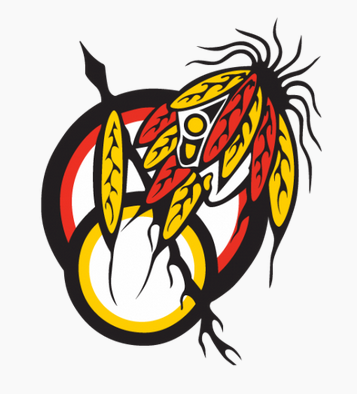THUNDER BAY — Matawa First Nations say dealing with the COVID-19 pandemic has placed their nine member communities in a precarious position.
The tribal council issued a statement Wednesday outlining a lengthy list of challenges and what they described as a lack of government preparedness for dealing with the virus in remote communities.
"We are struggling to respond effectively to the pandemic. If governments aren't able to change the way they have been partnering with us, we fear this will not get better, but worse," the statement said.
According to the Matawa Chiefs, an effective on-reserve containment plan faces numerous barriers that are beyond their control, including:
- inadequate supplies of personal protective equipment
- unequal distribution of PPE supplies
- lack of COVID-19 testing kits
- unclear protocols on how/where tests are analysed, and who is responsible for contact tracing when a positive case is confirmed
- inadequate internet service to access telehealth and to connect to information, support and learning resources
- ongoing boil water advisories
- overcrowded housing and lack of infrastructure for effective self-isolating
- ongoing opioid crisis
- acute medical conditions among a large segment of the population
- lack of primary health care services (access is affected by self-imposed community lockdowns)
The Chiefs said they are concerned that staff and volunteers supporting COVID-19 responses in their communities will suffer burn-out before the first wave of the pandemic ends this summer.
They also question the amount of money the federal government has allocated for COVID-19 for First Nations, saying their share isn't nearly enough to cover unplanned costs.
Matawa's Chiefs said the pledge of $305 million for all Indigenous communities is less than one per cent of the $82 billion in funding assistance for Canadians.
In Ontario, they said, the province's commitment of $37 million must be divided among 126 communities.
According to the Chiefs, the governments' contributions do not take into account the true cost of living and cost of services in remote communities.
Funding envelopes, they allege, "come with bureaucratic hurdles needing to be jumped," resulting in some First Nations reporting they have been overwhelmed navigating the requirements for reimbursement of costs-to-date.
"We question why there was never enough money for boil water advisories to be lifted but that over $82 billion can appear almost instantly to support Canadians in this pandemic. We also question 'Where are the partners who want to extract billions in resources from our territory now,' " the Chiefs stated.
As of Wednesday, the statement said, one off-reserve member of a Matawa First Nation has succumbed to COVID-19 (a Constance Lake member living in Cochrane died on April 3), and one positive case has been confirmed in Eabametoong (on April 5).
